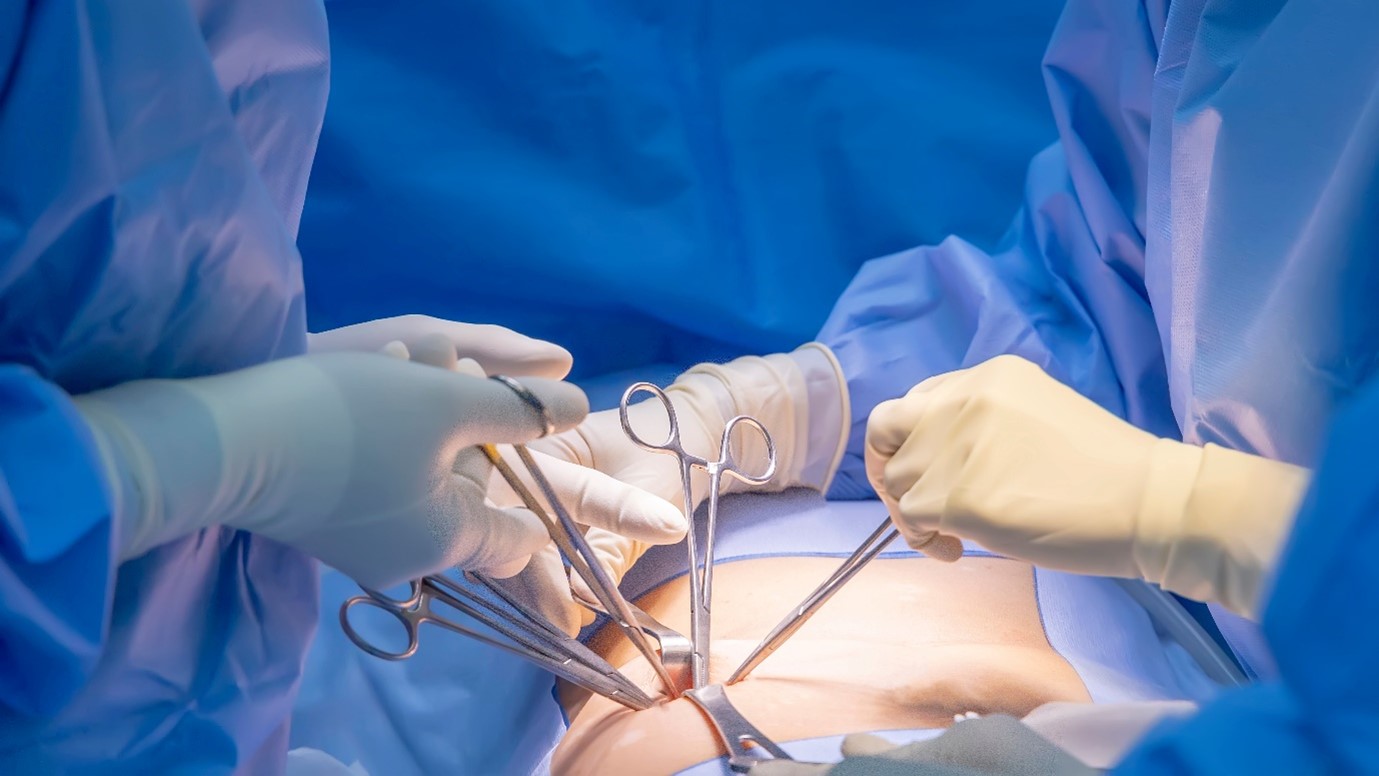Inguinal hernias are common and can affect anyone, but they are more prevalent in people assigned male at birth (AMAB).
What is an Inguinal Hernia?
An inguinal hernia occurs when tissue from the abdomen, such as fat or a portion of the intestines, pushes through a weakness or opening in the abdominal wall.
This typically happens in the inguinal canal, which runs through the lower abdomen and groin. Inguinal hernias are most common in people with AMAB, though people with AFAB can also develop them, albeit less frequently.
What Are the Symptoms of Inguinal Hernia?
Symptoms of an inguinal hernia can differ. A visible bulge in the groin area may often extend into the scrotum or labia. You may also experience discomfort, especially when lifting, coughing, or bending over. Common symptoms include:
- Bulging in the groin area is often more noticeable when standing or straining.
- Pressure or heaviness in the groin.
- Pain or burning sensations, particularly when lifting or engaging in physical activity.
In children, the hernia may appear as a lump that grows larger when they cry and disappears when they sleep.
What Causes Inguinal Hernias?
Inguinal hernias occur due to a weakness in the lower abdominal wall. Some common causes include:
- Congenital weakness: Some individuals are born with weak spots in their abdominal wall.
- Straining: Heavy lifting, chronic coughing, sneezing, or constipation can increase pressure in the abdomen.
- Ageing: Over time, the muscles in the abdominal wall naturally weaken.
- Pregnancy: The strain of carrying a child can elevate the risk of developing a hernia, especially in women with AFAB.
How Are Inguinal Hernias Diagnosed?
A healthcare provider can usually diagnose an inguinal hernia through a physical exam. They may ask you to cough or bear down to make the hernia more noticeable. If the hernia is not easily felt, imaging tests such as an ultrasound or CT scan may be ordered.
What Are the Treatment Options for Inguinal Hernia?
For many individuals, surgery is the recommended treatment for inguinal hernias, especially for children and those at higher risk of complications. The surgery involves repairing the weakened abdominal wall and returning the protruding tissue to its proper place. In some cases, a wait-and-watch approach may be recommended for adults with small, asymptomatic hernias. However, ignoring an inguinal hernia can lead to complications such as incarceration or strangulation, which may require emergency surgery.
If left untreated, hernias tend to worsen over time, potentially leading to more severe symptoms and complications. Early treatment is important, especially for children, to avoid complications that can arise from an untreated hernia.
Act Now! If you suspect you have an inguinal hernia or are experiencing discomfort, don’t wait! Contact Jiten Chowdhary for expert consultation and treatment options tailored to your needs.


